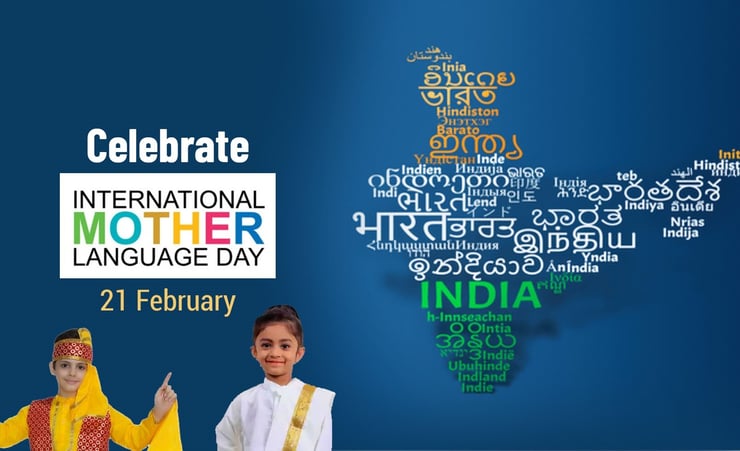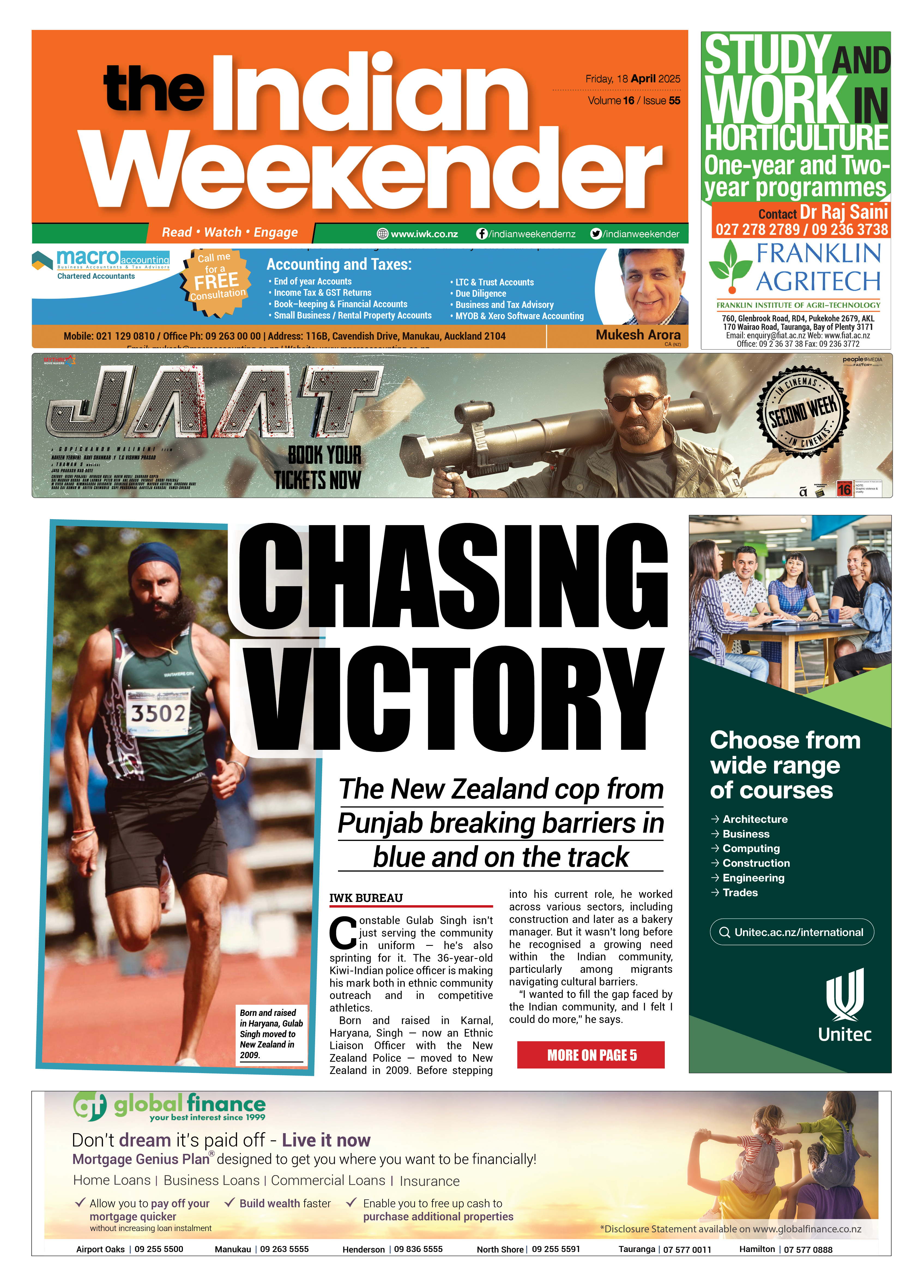Preserving the bond through language

Today, February 21, is the International Mother Language Day. The day, established in 1999 by UNESCO (United Nations Educational, Scientific and Cultural Organization), recognises and honours the world's linguistic and cultural diversity and emphasises that multilingualism is essential for sustainable development.
The idea of marking this day started in Bangladesh, where February 21 is the anniversary of the day people in Bangladesh fought to recognise the Bengali (Bangla) language.
The 2022 International Mother Language Day theme is “Using technology for multilingual learning: Challenges and opportunities.” It focuses on the potential role of technology to advance multilingual education and support the development of quality teaching and learning for all.
There is little doubt that languages are the most powerful instruments of preserving and developing our tangible and intangible heritage. Language is more than just a means of communication as it influences our culture and even our thought processes.
With increasing globalisation, most countries today have become multicultural and witness linguistic diversity among their citizens. Consequently, for people who live outside their homeland, conserving their culture and native language is crucial, and it becomes even more challenging for the migrants to teach their mother tongue to their children who are born away from their native country.
“It is a duty and responsibility of a parent to preserve one’s mother language and pass it down to the next generation. A child will identify themself with the language and culture they are exposed to and taught at home. I hail from Gujarat, and when my son was born around 13 years old, my husband and I consciously made it a point to talk to him in Gujarati at home. We knew that he would learn English in school, but the responsibility to teach Gujarati lay with us. It is not easy to keep one's mother tongue alive in a foreign country, and it does not happen spontaneously. It requires commitment and determination, especially from the family,” says Rupal Solanki, Gujarati theatre artist and host of Indian Weekender’s Gujarat Show.
Stressing on the importance of mother language, Gurpreet Singh, a 50-year-old Indian Sikh immigrant and father of 3 'Kiwi' kids, says, “I believe that speaking our language among our people keeps our culture alive, gives us pride in ourselves, and strengthens our bonds while we are in Auckland. It is not easy to preserve the mother language, for instance, Punjabi in our case, within English speaking society such as New Zealand, but if we as a parent don't teach Punjabi culture and language to our kids, who else will? As a parent, I speak to my kids only in Punjabi at home as this consistent effort will help my children develop proficiency in Punjabi.
Even various community associations have also been doing their bit to preserve the languages.
Saten Sharma, President. Waitakere Hindi School, the most prominent Hindi Language school in New Zealand, says when a language dies out, future generations lose a vital part of the culture that is necessary to completely understand it. “For us, it is vital to preserve our Hindi language in New Zealand as this will ensure the protection of the cultural identity and dignity of peoples and safeguard our beautiful traditional heritage. Our language and culture are a part of our identity, and without them, we would be less of who we are."
Revealing further, he says, "The Waitakere Hindi School was formed in 2001, with one branch in West Auckland. Now we have three branches – Henderson, Papatoetoe and Hamilton. We provide 40 weeks of interactive learning every Sunday alongside the mainstream school terms. Our enrolment age is five years and over, with the oldest student being 68 years. We want to provide a platform to all our people to learn our beautiful language and culture.”
Auckland Marathi Association Inc is also doing its bit to preserve the Marathi language. Vishal Patil, President, Auckland Marathi Association Inc Auckland, says, “Marathi is one of the top 10 languages globally by the number of native speakers. We organise various events throughout the year. Our biggest events, Ganapati Festival and Diwali Pahat (music at Dawn), feature songs and folk-dance performances in Marathi.”
"Moreover, every year, we showcase Marathi plays in Auckland and also participate in Online Marathi play competition organised by Rotary India. We also publish Diwali Anka (special) every year that features write-ups, stories and poems in Marathi by local authors and renowned guest authors from India.”
With an aim to preserve the Malayalam language & culture, Auckland Malayali Samajam launched their flagship project - Aadyakshara Malayalam Mission, last year. Giving details Soby Bernard Thomas, President, Auckland Malayali Samajam, says, "This is a joint initiative between Govt. Kerala Malayalam Mission and Auckland Malayali Samajam. Our Malayalam Language school is currently teaching the Malayalam language to more than 50 enrolled students. As we are celebrating International Mother language day on February 21, we even did an award ceremony in Parnell on Saturday (February 19) where we honoured and acknowledged the service of our Malayalam Mission coordinators and teachers yesterday at Jubilee Hall, Parnell, where Hon Priyanca Radhakrishnan, Minister for Diversity, Inclusion and Ethnic Communities. Minister for Youth, Associate Minister for Social Development and Employment was the chief guest.”
Bhartiya Samaj Charitable Trust has also been providing language classes for children to promote and retain our great motherland, India's cultural heritage and values. Giving details, Jeet Suchdev, President of Bhartiya Samaj Charitable Trust, says, "For parents, keeping your first language alive at home teaches children to take pride in their culture and roots. To help the parents, the Children and Youth Wing of Bhartiya Samaj runs regular free Hindi Language and Cultural Classes every Sunday between 10:30 am and 1:30 pm. The activities conducted are national anthem recitation, yoga and exercises, computer workshops, music lessons, dance workshops and innovative crafts.”





